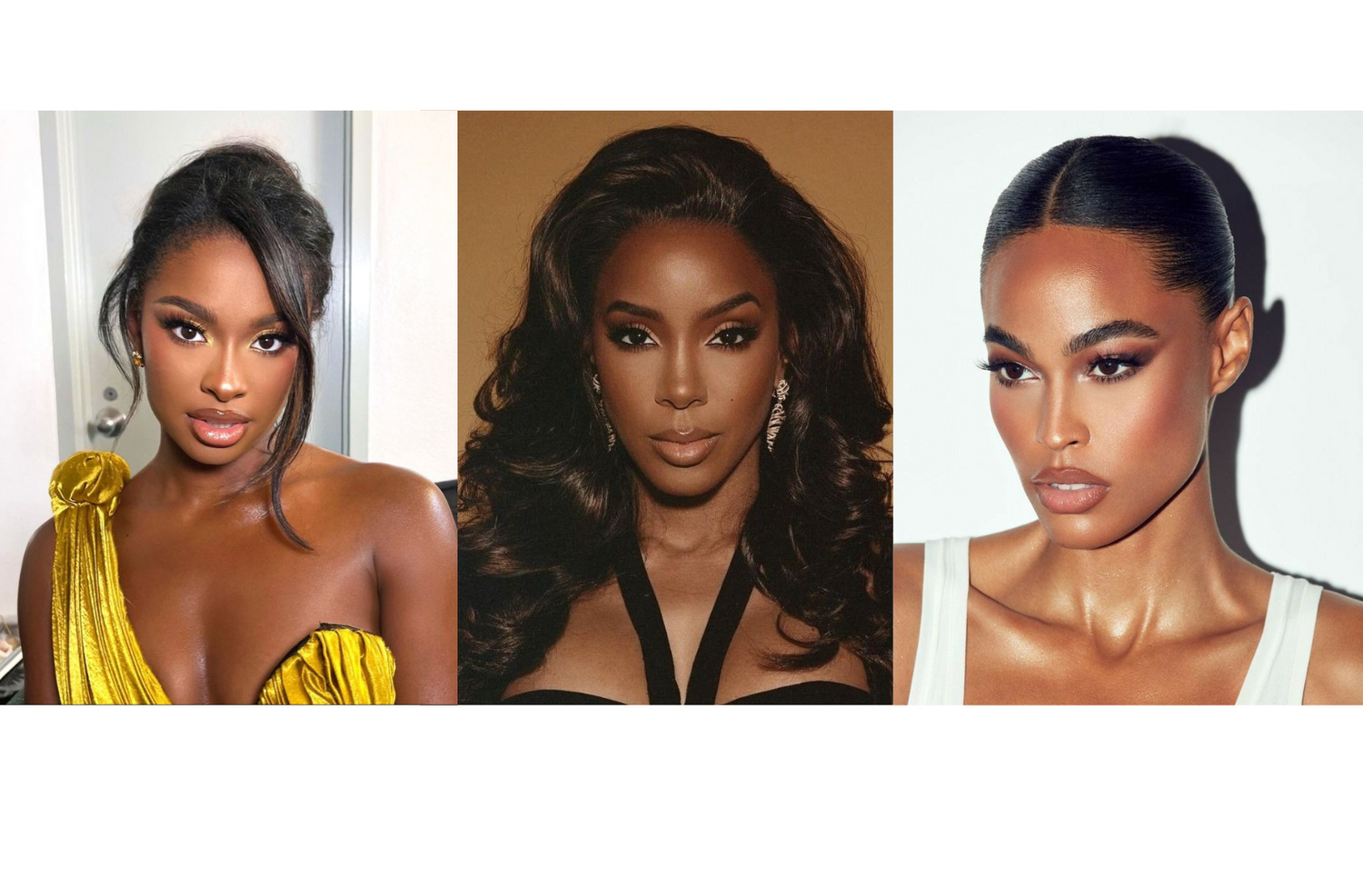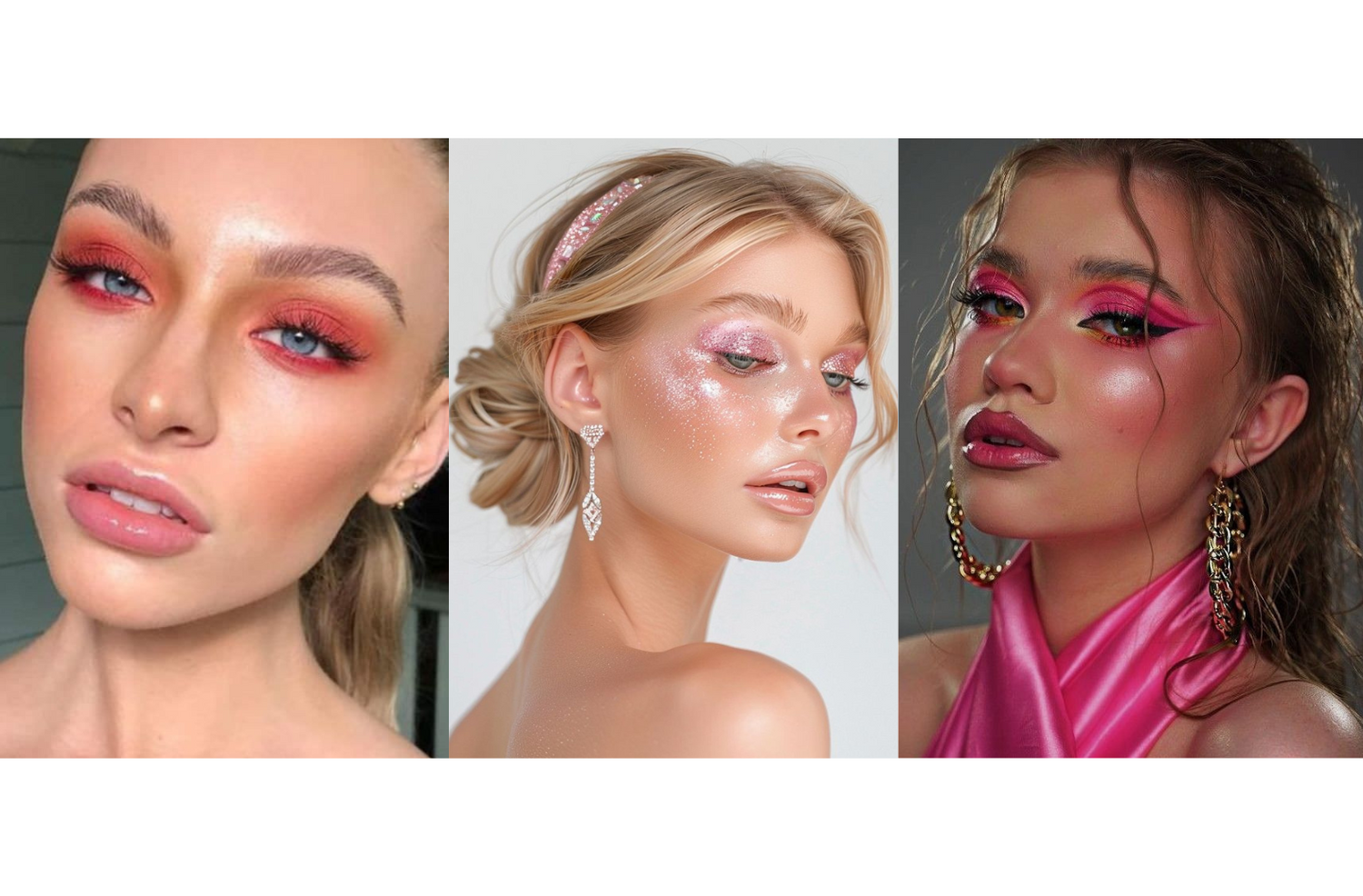The cosmetic industry has witnessed significant transformations over the past few decades. Consumers' preferences and purchasing habits have evolved due to numerous factors, including technological advancements, increased access to information, and global cultural exchanges. This article delves into the multifaceted changes in consumer behaviour within the cosmetic industry, exploring the reasons behind these shifts and their implications for brands and marketers.
Rise of Informed Consumers
Access to Information
One of the most profound changes in consumer behaviour is the rise of informed consumers. With the proliferation of the internet and social media, beauty enthusiasts have unprecedented access to a wealth of information. From product reviews and tutorials to ingredient lists and user testimonials, consumers can make well-informed decisions like never before. This transparency has increased consumers' expectations regarding product efficacy, safety, and ethical considerations.
Ingredient Awareness
Modern consumers are more ingredient-csonscious, often scrutinizing product labels to avoid potential irritants or harmful chemicals. The demand for "clean beauty" products—those made without certain controversial ingredients like parabens, sulfates, and phthalates—has surged. Brands are responding by reformulating products to meet these criteria and by providing clearer, more comprehensive ingredient lists.
Personalization and Customization
Tailored Beauty Solutions
The shift towards personalization is another significant trend in consumer behaviour. Consumers no longer want one-size-fits-all solutions; instead, they seek products tailored to their unique skin types, tones, and concerns. Advances in technology have enabled brands to offer customized skincare and makeup products. Companies like Function of Beauty and Skin Inc. use data-driven algorithms to create personalized formulations based on individual customer profiles.
Interactive Experiences
Interactive digital tools, such as virtual try-ons and skin analysis apps, allow consumers to experiment with products before purchasing. These technologies offer a personalized shopping experience, helping consumers find the perfect shade of foundation or the ideal skincare regimen. Brands that incorporate these tools gain a competitive edge by enhancing customer engagement and satisfaction.
Sustainability and Ethical Considerations
Environmental Impact
Environmental awareness has become a significant factor influencing consumer behaviour. Modern consumers are increasingly concerned about the environmental impact of their purchases. This concern has led to a rise in demand for sustainable and eco-friendly products. Brands are responding by adopting sustainable practices, such as using recyclable packaging, sourcing ethically-produced ingredients, and reducing carbon footprints.
Cruelty-Free and Vegan Products
The ethical treatment of animals is another critical issue for many consumers. There is growing demand for cruelty-free and vegan cosmetics, with consumers actively seeking out brands that do not test on animals or use animal-derived ingredients. Certifications from organizations like PETA and Leaping Bunny have become valuable endorsements that help consumers make ethical choices.
Influence of Social Media and Beauty Influencers
Impact on Purchasing Decisions
Social media platforms, particularly Instagram, YouTube, and TikTok, have revolutionized the way consumers discover and interact with beauty products. Beauty influencers and content creators play a crucial role in shaping consumer preferences and purchasing decisions. Reviews, tutorials, and product endorsements from trusted influencers can drive sales and create brand loyalty.
User-Generated Content
User-generated content, such as reviews, photos, and videos featuring real customers, adds authenticity and trustworthiness to a brand's image. Consumers are more likely to trust the opinions of fellow consumers over traditional advertising. Brands that encourage and engage with user-generated content can build a loyal community and foster positive word-of-mouth marketing.
Inclusivity and Diversity
Expanding Shade Ranges
Inclusivity and diversity have become essential values in the beauty industry. Consumers expect brands to offer products that cater to a wide range of skin tones and types. The success of Fenty Beauty, which launched with an extensive foundation range, demonstrated the demand for inclusive beauty products. Brands that fail to address diverse consumer needs risk alienating significant segments of the market.
Representation in Marketing
Representation in marketing campaigns is also crucial. Consumers want to see themselves reflected in advertisements and product imagery. Brands that feature models and influencers from diverse backgrounds are better positioned to connect with their audience. Inclusive marketing not only fosters a sense of belonging but also broadens a brand's appeal.
Health and Wellness Integration
Shift Towards Holistic Beauty
The concept of beauty has expanded beyond mere aesthetics to encompass health and wellness. Modern consumers often seek products that promote overall well-being, merging beauty routines with self-care practices. This shift has given rise to the popularity of products with natural, organic, and nourishing ingredients that benefit both appearance and health.
Functional Ingredients
Functional ingredients, such as antioxidants, vitamins, and probiotics, are gaining traction in the cosmetic industry. Consumers are drawn to products that offer multiple benefits, such as protecting the skin from environmental stressors, enhancing hydration, and supporting the skin's microbiome. Brands that emphasize the health-boosting properties of their products can tap into the wellness trend.
Technological Advancements
Smart Beauty Devices
Technological advancements have introduced smart beauty devices that provide innovative solutions for skincare and makeup. Devices like facial cleansing brushes, at-home micro dermabrasion tools, and smart mirrors equipped with augmented reality are becoming increasingly popular. These devices not only enhance the efficacy of beauty routines but also offer a tech-savvy experience that appeals to modern consumers. Brands integrating technology into their products or leveraging it in retail environments can create a seamless and immersive customer experience.
AI and Machine Learning
Artificial Intelligence (AI) and Machine Learning (ML) are making strides in the cosmetic industry. AI-driven skincare apps analyze user data to provide personalized skincare advice and product recommendations. Some brands use AI to predict future beauty trends by analyzing social media activity, helping them stay ahead of consumer demands. AI also facilitates Virtual Assistants and chatbots that enhance customer service by providing instant, personalized responses.
E-commerce and Omni-channel Retail
Online Shopping Surge
The rise of e-commerce has drastically changed how consumers purchase beauty products. Online shopping offers convenience and a more comprehensive selection than brick-and-mortar stores. The COVID-19 pandemic accelerated this shift, with many consumers transitioning to online platforms. Brands have adapted by enhancing their online presence, offering virtual consultations, and providing detailed product information and customer reviews to mimic the in-store experience.
Omni-channel Strategies
To succeed in today's market, brands must adopt an omni-channel approach, seamlessly integrating online and offline experiences. Consumers expect a unified shopping journey where they can browse products online, test them in-store, and purchase through their preferred channel. Brands that align their online and offline strategies can provide a cohesive and convenient shopping experience, boosting customer satisfaction and loyalty.
Consumer Loyalty and Brand Engagement
Subscription Services
Subscription beauty boxes and services have gained traction, offering consumers a curated selection of products delivered to their doorstep regularly. These services provide a convenient way for consumers to discover new products and often include personalized selections based on user preferences. Brands that offer subscription services can build long-term relationships with customers, fostering loyalty and repeat business.
Loyalty Programs and Community Building
Loyalty programs that reward repeat purchases with discounts, exclusive offers, or early access to new products are effective strategies for retaining customers. Additionally, creating communities around a brand—through social media groups, forums, or branded events—helps build a sense of belonging and encourages consumer engagement. Brands that successfully combine loyalty programs with community-building efforts can create a dedicated customer base.
Data-Driven Insights
Consumer Data Utilization
The collection and analysis of consumer data play a crucial role in understanding and predicting consumer behaviour. Brands leverage data analytics to gain insights into customer preferences, purchase patterns, and product performance. This information enables brands to tailor their marketing strategies, develop new products, and improve customer experiences. Brands that effectively utilize consumer data can stay agile and responsive to changing market dynamics.
Privacy and Data Security
While leveraging consumer data offers numerous benefits, it also raises concerns about privacy and data security. Modern consumers are increasingly aware of their data's value and are cautious about sharing personal information. Brands must prioritize transparency in data practices and invest in robust security measures to build and maintain consumer trust. Compliance with data protection regulations, such as GDPR, is essential for safeguarding consumer privacy.
Challenges and Opportunities
Navigating Market Saturation
The cosmetic industry is highly competitive, with numerous brands vying for consumer attention. Market saturation poses a significant challenge, making it essential for brands to differentiate themselves through innovation, quality, and unique value propositions. Creativity in product development and marketing, alongside a deep understanding of consumer needs, can help brands stand out in a crowded market.
Embracing Inclusivity and Sustainability
The growing demand for inclusivity and sustainability presents opportunities for brands willing to embrace these values. Brands that commit to diversity, ethical sourcing, and environmentally friendly practices can build strong connections with consumers who prioritize these principles. Authenticity and transparency in these efforts are crucial for gaining consumer trust and loyalty.
Adapting to Digital Transformation
The digital transformation of the cosmetic industry requires brands to stay updated with technological advancements and evolving digital marketing strategies. Investing in e-commerce platforms, social media presence, and AI-driven tools can enhance customer engagement and streamline operations. Brands that adapt to digital changes will be better equipped to meet the expectations of tech-savvy consumers.
Future Trends in Consumer Behaviour
Augmented Reality (AR) and Virtual Reality (VR)
AR and VR technologies are set to revolutionize the beauty shopping experience further. Virtual try-ons, where consumers can see how products look on their skin without physical application, are becoming more sophisticated and accurate. These technologies can bridge the gap between online and in-store shopping, offering interactive and immersive experiences.
Focus on Mental Well-being
As the connection between mental health and beauty gains recognition, there will be a growing emphasis on products and practices that promote mental well-being. Mindful beauty rituals, stress-relieving ingredients, and products designed to enhance mood and relaxation will likely become more prevalent. Brands that support holistic wellness can appeal to consumers seeking comprehensive self-care solutions.
Hyper-Personalized Products
The future of cosmetic consumer behaviour points towards hyper-personalized products that address specific individual needs. Advances in biotechnology and data analytics will enable brands to create products tailored to an individual's genetic makeup, lifestyle, and environmental factors. From bespoke skincare formulations to custom-blended makeup, hyper-personalization will cater to the growing demand for unique and effective beauty solutions.
Biotechnological Innovations
Biotechnology will play an increasingly prominent role in developing advanced cosmetic ingredients and formulations. Innovations such as lab-grown collagen, plant-based retinoids, and probiotic-infused skincare promise to offer sustainable and highly effective alternatives to traditional ingredients. Brands that leverage these scientific advancements will be able to provide cutting-edge solutions to consumers seeking both efficacy and environmental consciousness.
Conclusion
Consumer behaviour in the cosmetic industry has undergone significant changes driven by technological advancements, increased access to information, and shifting cultural values. Today's consumers are more informed, conscious, and demanding than ever, seeking personalized, ethical, and sustainable beauty products. The rise of social media and beauty influencers, the integration of health and wellness, and the emphasis on inclusivity and diversity further shape purchasing decisions.
Brands that understand and respond to these evolving consumer preferences are better positioned to thrive in a competitive market. Embracing technological innovations, offering personalized and interactive experiences, committing to sustainability and inclusivity, and leveraging data-driven insights are key strategies for success. As consumer behaviour continues to evolve, the cosmetic industry must remain agile and innovative, ready to meet the changing needs and expectations of its diverse and informed consumer base.





